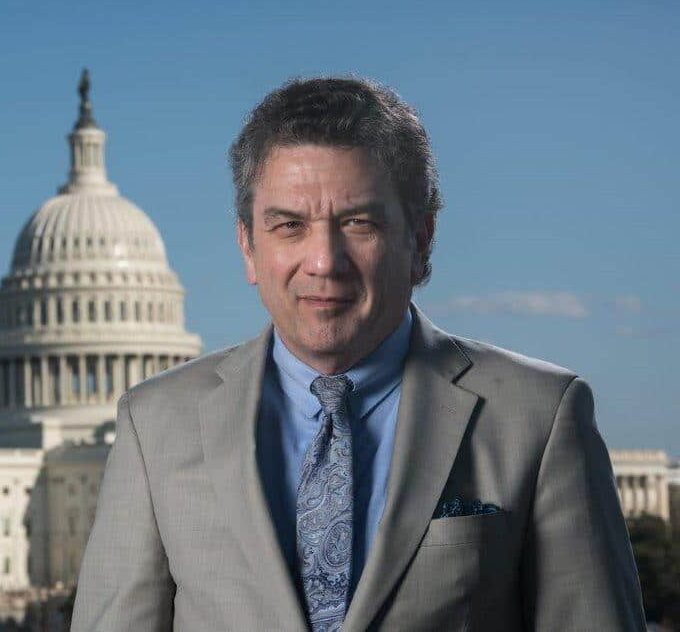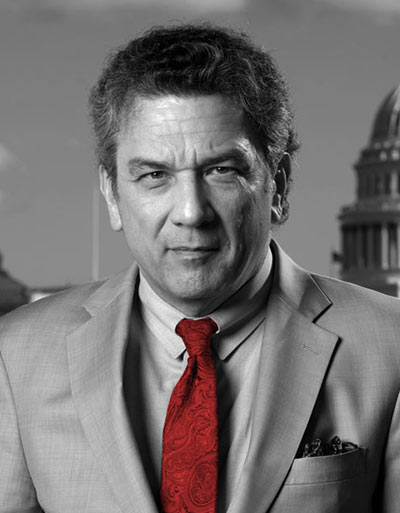The Foreign Corrupt Practices Act (FCPA): A Note From Solomon L. Wisenberg
Foreign Corrupt Practices Act (FCPA) prosecutions and investigations are currently reaching epic proportions. After years of promising to pursue such cases, the government is finally delivering on its boast — with a vengeance.
What Is the FCPA?
The FCPA was passed by Congress in 1977. It includes “anti-bribery” provisions, outlawing foreign corrupt practices, and “books and records” provisions, outlawing the covering up of those corrupt practices through false entries in company books and records.
At their core, FCPA anti-bribery provisions forbid covered entities and individuals from making payments (other than minor “grease” payments) to foreign officials in order to obtain or maintain business.
Elements of the FCPA Bribery Offense
An FCPA bribery offense is committed when:
1. A covered entity or individual.
2. Willfully.
3. Makes or authorizes, directly or indirectly, a payment, offer, or promise of anything of value;
4. To any: foreign official; foreign political party or party official; candidate for foreign political office; or person (acting as a middleman);
5. With corrupt intent
6. For the purpose of: influencing an official act or decision of the person; inducing that person to do or omit to do any act in violation of his or her lawful duty; inducing that person to use his or her influence with a foreign government to affect or influence any government act or decisions; or securing any improper purpose;
7. In order to assist in obtaining or retaining business for or with, or directing business to, any person.
Elements of the FCPA Books and Records Offense
The criminal “books and records” provisions of the FCPA essentially prohibit:
1. Knowingly.
2. Making materially incorrect entries in corporate books and records;
3. In order to hide foreign payoffs.
The FCPA is a very broad law and it is being interpreted expansively by the U.S. Department of Justice.
What Is the Danger to You?
Literally hundreds of companies have launched corporate internal investigations related to the FCPA in the past few years. Make no mistake about it — these are serious, potentially devastating, investigations by companies of their own employees.
Do not make the error of thinking that your long-time workplace mentors will protect you from the consequences of these inquiries. They can’t.
Internal FCPA investigations are typically run by outside attorneys who report their findings to the Audit Committee, some other independent company committee, the board of directors, or senior management. These outside attorneys could not care less about you, even if you are a relatively senior officer or employee.
How the System Really Works
What are the company-governmental dynamics at work here? If your company has engaged in international business of any kind over the past several years, it has probably run afoul of the FCPA. The U.S. Department of Justice is currently obtaining huge, record fines against companies found to be in violation of the FCPA. Companies pay the money, and sacrifice employees, rather than fight the government.
Thus, whenever a company hears from the government or a whistleblower that it may have violated the FCPA, it almost always launches an immediate investigation. Why? So it can “self-report” its violation to the Department of Justice (DOJ) or the Securities and Exchange Commission (SEC) and avoid prosecution or a stiff fine. Part of the process involves the company making a presentation to the government and arguing that it has fixed the problem by rooting out its “bad actors.”
You could become that bad actor, even if you are completely innocent, by hastily agreeing to be interviewed by the company’s attorneys, before consulting your own white collar lawyer.
One thing for sure. The bad actor is almost never a member of top senior management. Don’t just take my word for it.
In a recent speech, Robert Khuzami, who was the director of the SEC’s Division of Enforcement at the time, complained about lawyers who supervise corporate internal investigations and improperly engage in “scapegoating lower-level employees and/or protecting senior management who have longstanding relationships with the counsel in question.”
Do all companies conduct internal investigations in this fashion? No. But even if your employer’s attorney is playing fair you could be exposed to criminal prosecution. Why? Because it is very easy to violate, or to be accused of violating, the FCPA. All it may take is one questionable or improperly documented payment to a foreign third-party vendor, or one whistleblower complaint, to kick-start a government investigation.
What Can You Do?
For openers, and for a more detailed explanation of the dangers involved in submitting yourself to interviews conducted by company lawyers, read my separate entry on this website related to corporate internal investigations.
You can also protect yourself by consulting a qualified white collar criminal defense attorney or FCPA attorney, before you submit to the company interview. Your own personal white collar lawyer can help you assess what, if any, exposure you have to an FCPA prosecution. Do not think it can’t happen to you. It is happening all over the country right now. Your white collar attorney can also help you decide whether, and under what conditions, you will submit to an interview.
FCPA law is still in great flux, because federal appellate case law in this area is not well developed. The next few years should see more certainty as additional cases are tried and appealed.
I have represented a World Bank consultant who was identified as a target by the Department of Justice in a major FCPA anti-bribery case involving a World Bank project in Kenya. My client was the only target of the investigation who escaped prosecution.
In my 14 years as a white collar defense lawyer, I have counseled clients about the FCPA and lectured and written widely about FCPA issues. I currently represent individuals ensnared in FCPA inquiries. I have also represented companies in conducting white collar internal investigations, so I have seen the process from the company side and the individual side. Finally, I served as a federal fraud prosecutor for 12 years and understand the interplay between the Department of Justice (DOJ) and the companies seeking to cooperate with DOJ investigations.
Contact an FCPA Defense Attorney
If you are being investigated for, or have been charged with, an FCPA violation, or if your company wants to interview you as part of an FCPA inquiry, please feel free to contact me, public corruption defense lawyer Solomon L. Wisenberg, at the Washington, D.C., offices of Nelson Mullins Riley & Scarborough, LLP. I represent clients nationwide in federal white collar investigations and prosecutions.
You may also reach me by phone at 202-689-2922 (direct dial) or 202-257-7846 (cell phone).



